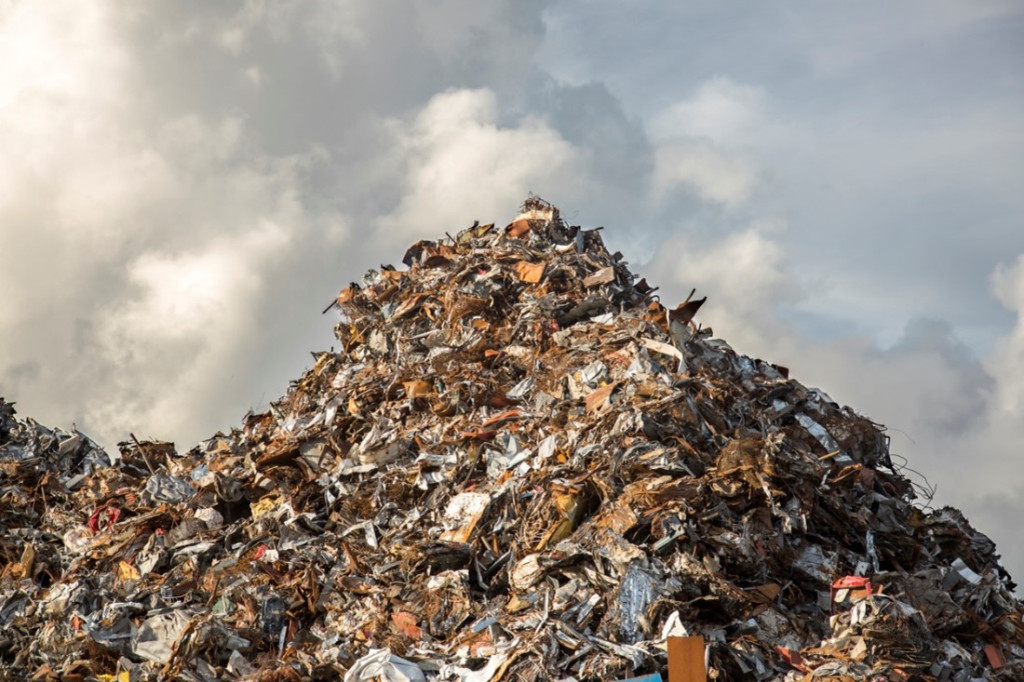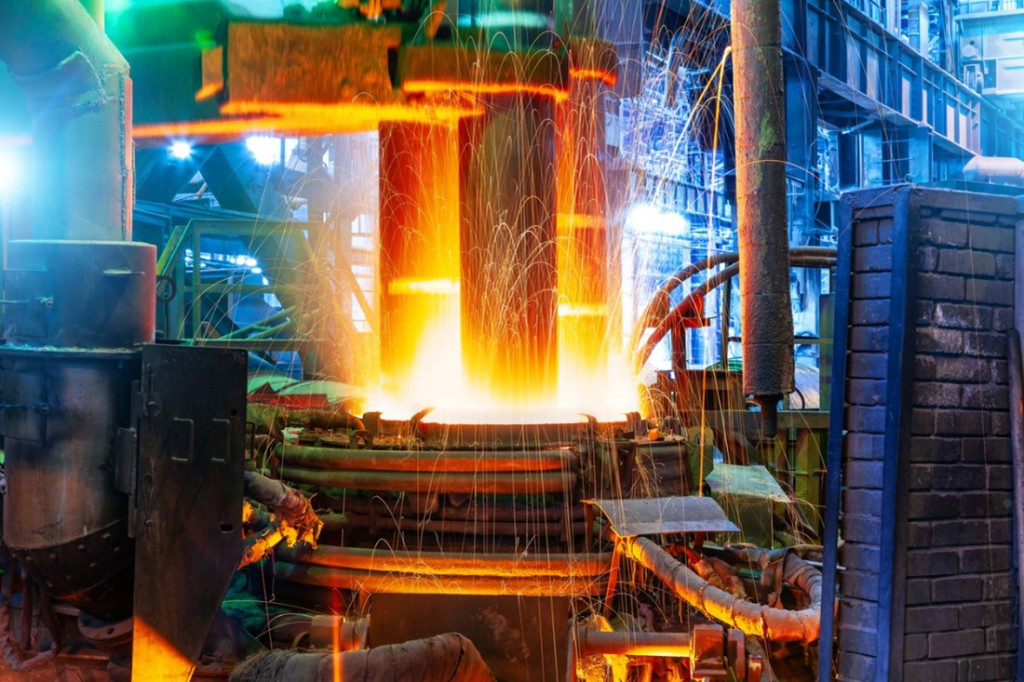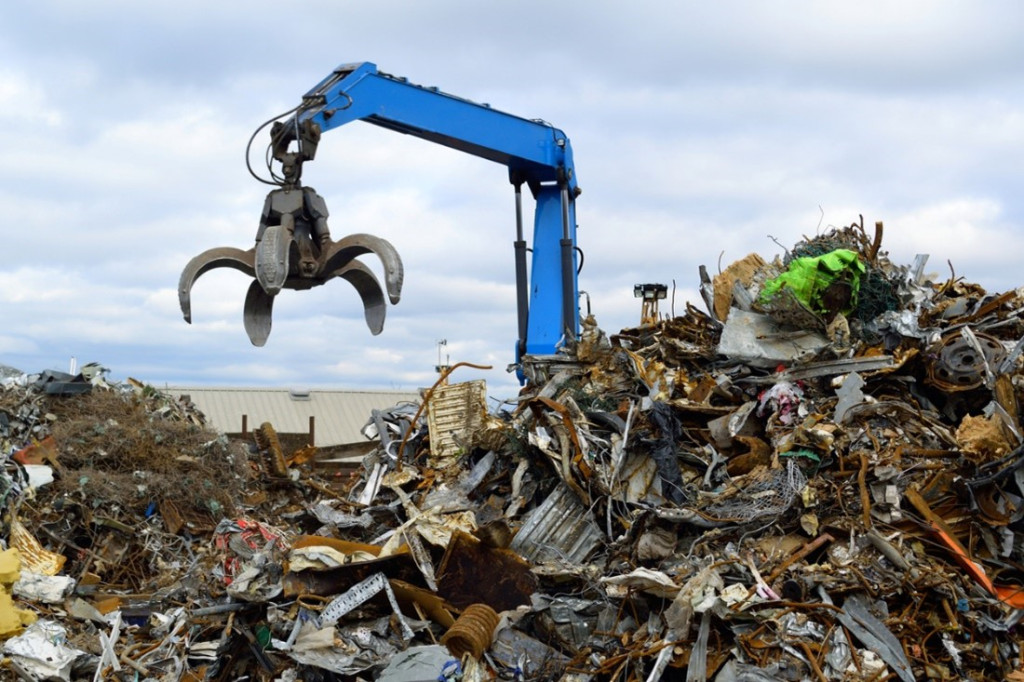Scrap metals are a valuable resource that can be recycled and repurposed, contributing to the sustainable use of our planet’s resources. When it comes to managing scrap metals, one crucial aspect is the liquidation process. Liquidation involves converting these discarded materials into cash or reusable assets.
At Morecambe Metals, we are experts in this field and understand how the liquidation process works. So, we’re here to guide you, highlighting the significance of liquidation and the steps involved.
What Is Scrap Metal?
Scrap metal refers to discarded or unused metal materials that are no longer wanted or needed for their original purpose. Items such as old cars, appliances and commercial vehicles can all be used as scrap metal.
These metals are often considered waste or junk and are typically collected from various sources such as industrial operations, construction sites, automotive industries, and consumer products.
What Is the Liquidation Process?
The liquidation process is used to extract metals from an ore, metal or alloy. This is accomplished by heating the substance until one of its parts melts while the other stays solid. It is conducted in specialised facilities known as metal foundations or smelters. Liquidation is crucial because it allows for the separation of several types of metals, removing impurities, and the creation of new alloys with specific properties.
It also means less scrap metal waste in landfill sites. Instead, the metal is processed in scrap yards, like the one we run in Morecambe.
Step 1: Collection and Sorting
Collecting and sorting scrap metal is the first step of the liquidation process. After collecting, scrap metals are categorised by type and content. This procedure ensures that similar metals are grouped for easier processing and recycling.
Step 2: Preparation
The scrap metal is prepared once they have been sorted. Metals are separated from other materials using specialised equipment such as shedders, magnets, and eddy currents separators. This includes the removal of any non-metallic components such as plastic, rubber, or glass to improve the grade and purity of the scrap metal.
Step 3: Melting and Purification
In the liquidation stage, the prepared scrap metals are subjected to high temperatures in furnaces or smelters, melting to a point where they become molten. The purification process removes impurities from scrap metals to ensure they are high quality and suitable for reuse.
Step 4: Alloy Formation
After purification, the molten metal can be used to make alloys. These are formed by mixing several metals or adding certain elements to produce desired attributes such as strength, heat resistance, and corrosion resistance. The liquidation process allows the manufacturers to manage alloy compositions precisely.
Step 5: Solidification and Forming
After obtaining the proper alloy, the molten metal is carefully placed into casts to solidify. The phase sets up the metal’s final shape and form, whether ingots, bars, sheets, or special pieces. After cooling, the solidified metal is further processed, such as rolling or cutting, to produce the desired finish.
How Can Materials Be Sorted and Separated?
The value of scrap metal is decided by several factors, such as the type of metal, quality, quantity, and current market demand. Metals are separated based on their composition, such as ferrous (having iron) or non-ferrous (not having iron).
Non-Ferrous Metals
Non-ferrous metals don’t have iron as a primary element. They are highly valued for their corrosion resistance, electrical conductivity, malleability and lightweight nature. Non-ferrous metals are often used in the plumbing, electrical and car industries.
- Aluminium
- Copper
- Brass
- Stainless steel
- Lead
- Cable
- Bronze
We are experts when it comes to these metals as they form a part of our non-ferrous metals recycling service that we provide.
Ferrous Metals
Iron is the primary element in ferrous metals. They are widely used in the construction, machinery, and car industries due to their strength, durability, and magnetic properties.
- Cast iron
- Iron
- Steel
These metals are our bread and butter, forming part of our ferrous metal processing service.
What Are the Benefits of Recycling Scrap Metal?
The liquidation process of scrap metal offers several benefits to both sellers and the environment:
- Financial Gain: Liquidating scrap metals allows sellers to generate income by selling materials that are no longer in use. The value of scrap metal can vary, but it offers a tangible return on investment.
- Resource Conservation: Recycling scrap metals reduces the need for new mining and extraction, which helps conserve valuable natural resources. The recycling process consumes less energy than primary metal production, contributing to energy savings and lower greenhouse gas emissions.
- Waste Reduction: By liquidating scrap metals, sellers effectively divert materials from landfills, reducing waste accumulation, and associated environmental hazards.
- Environmental Preservation: The recycling of scrap metals reduces the environmental impact caused by mining, such as soil erosion, water pollution, and habitat destruction.
The liquidation process of scrap metal plays a vital role in the efficient management of resources, as well as promoting sustainability and environmental responsibility. Through collection, sorting, assessment, processing, and recycling or resale, scrap metals can be transformed into valuable commodities. Embracing these practices is a step towards a more sustainable and eco-friendly future.
At Morecambe Metals, we offer a trusted liquidation process for scrap metals. We also provide scrap metal collection services for businesses throughout the UK. For more information about recycling scrap metal or help to find the right services for your business, contact us and speak to the team today. Make your first step into helping create a greener future.




